Lithium-ion and lithium iron phosphate (LiFePO4) rechargeable batteries are two of the most prevalent battery types on the market. Each offers advantages and applications in different situations. LiFePO4 batteries often prove themselves superior when durability, safety, or long-term cost efficiency are required.
LiFePO4 Batteries Provide an Overview
LiFePO4 batteries (lithium iron phosphate batteries) offer several significant advantages, making them the go-to choice in many applications, from portable electronics and electric vehicles to renewable energy systems and energy storage solutions. Here are just a few reasons LiFePO4 cells stand out:
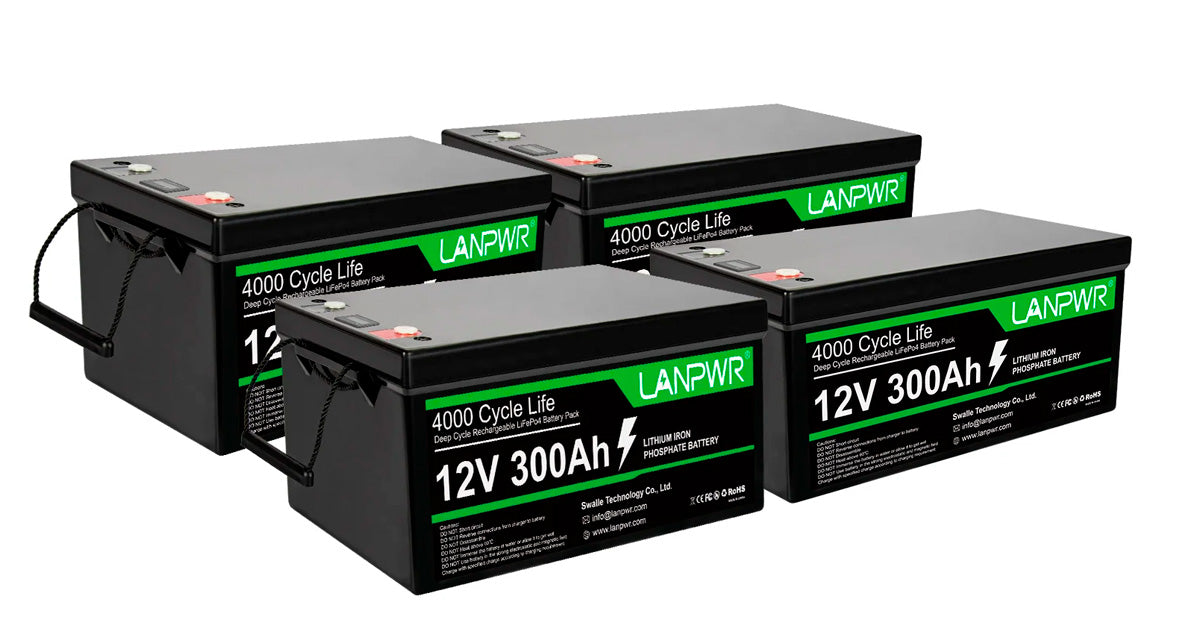
Advantages Of LiFePO4 Batteries
Safety: One of the critical attributes of LiFePO4 batteries is their robust safety profile. In contrast to traditional lithium-ion batteries, which utilize cobalt and nickel chemistries that pose fire risks under certain circumstances (including overcharging or short-circuiting), LiFePO4s offer excellent stability and safety—they're much less prone to thermal runaway, don't quickly explode, nor catch fire easily, making them suitable for high-demand applications such as smartphones.
Longevity: LiFePO4 batteries also boast longer lives compared to lithium-ion ones. They typically handle multiple charge cycles before their capacity drops below 80% of the original state, unlike standard Lithium-Ion cells, which usually offer 500-1k cycles at most before failing. Therefore, they make for ideal solar power storage systems or electric vehicle battery packs due to their greater longevity and versatility.
Environmental Impact: LiFePO4 batteries tend to be more environmentally friendly. They do not contain cobalt, an element with many environmental and ethical concerns about mining and disposal, making them greener alternatives and more environmentally sustainable options.
Performance: LiFePO4 batteries offer consistent performance over various temperatures and have low capacity loss rates, making them suitable for medical devices, backup power systems, and outdoor energy storage systems where consistent performance is crucial.
Cost Over Time: LiFePO4 batteries may initially cost more than their lithium-ion counterparts; however, due to their longer lifespan and reliability, they often offer lower total cost of ownership over time. This feature makes LiFePO4 an attractive investment solution in applications involving long-term investments like commercial and industrial projects.
Overview of Lithium-Ion Batteries (LIBs)
Lithium-ion batteries have become ubiquitous in consumer electronics, electric vehicles, and large-scale energy storage applications due to their high energy density and efficiency. Their compact form allows them to store a significant amount of power within a relatively lightweight package, thus their widespread adoption across mobile phones, laptops, and electric cars. Unfortunately, they also come with drawbacks, including reduced lifespan, potential safety concerns such as thermal runaway, and performance issues at both high and low temperatures.
Here is more information regarding the potential drawbacks associated with lithium-ion batteries.
Lithium-ion batteries have a limited shelf lifespan: Lithium-ion batteries tend to experience only 500-1500 charge cycles before their capacity begins degrading, necessitating replacement more frequently compared with some other types, such as LiFePO4, which are designed for more cycles.
Thermal Runaway and Safety Risks: Lithium-ion batteries' primary disadvantage lies in their susceptibility to thermal runaway, an internal chemical reaction that leads to overheating that may spark fire or explode if left unchecked. This can lead to overcharging, physical damage, or misusing an incompatible charger that overcharges. Such incidents have been well documented among consumer electronics devices and electric vehicles, leading to recalls and safety warnings being issued in many instances.
Lithium-Ion Batteries are highly sensitive to high and low temperatures: Lithium-ion batteries may experience diminished performance when exposed to extreme temperatures. High temperatures may accelerate battery degradation, while lower temperatures reduce efficiency by temporarily decreasing output capacity or output performance—thus making lithium-ion less suitable in environments with wide temperature variations.
Aging: Lithium-ion batteries begin degrading immediately upon leaving their factory of origin, regardless of use, environmental conditions, or maintenance methods used to keep them functioning optimally. Over time, their capacity decreases permanently despite not being consumed regularly—something no matter how little use there may be for them.
Cost: Lithium-ion battery production requires expensive materials like cobalt and nickel that may fluctuate with market trends and require geopolitical and ethical considerations when procuring them from specific mining sites around the globe. Sourcing these resources also raises ethical concerns related to mining practices in some places.
Environmental Effect: While lithium-ion batteries have long been heralded as critical enablers of electric vehicles and renewable energy storage solutions, their disposal poses environmental dangers at their end-of-life stages. Recycling lithium-ion batteries is both complex and costly, and improper disposal can lead to environmental contamination risks.
Final Word
LiFePO4 batteries offer many desirable attributes that make them the perfect battery technology choice for applications requiring long-lasting, stable, and safe batteries—from renewable energy installations to electric vehicles and portable power packs. Get yours from Lanpwr today.

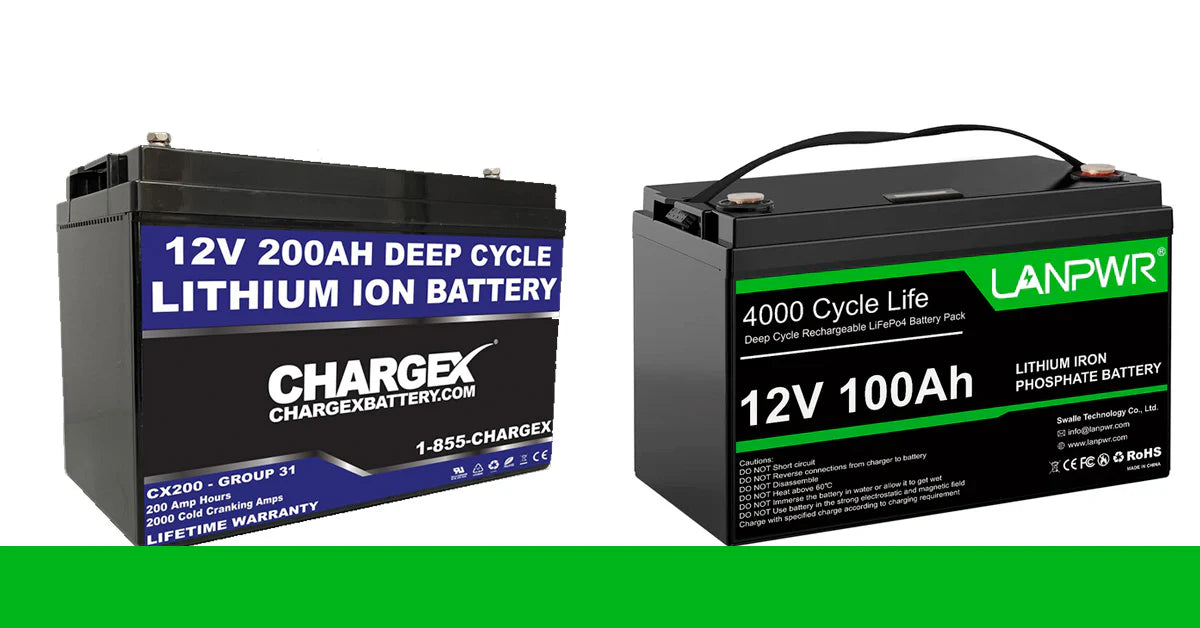
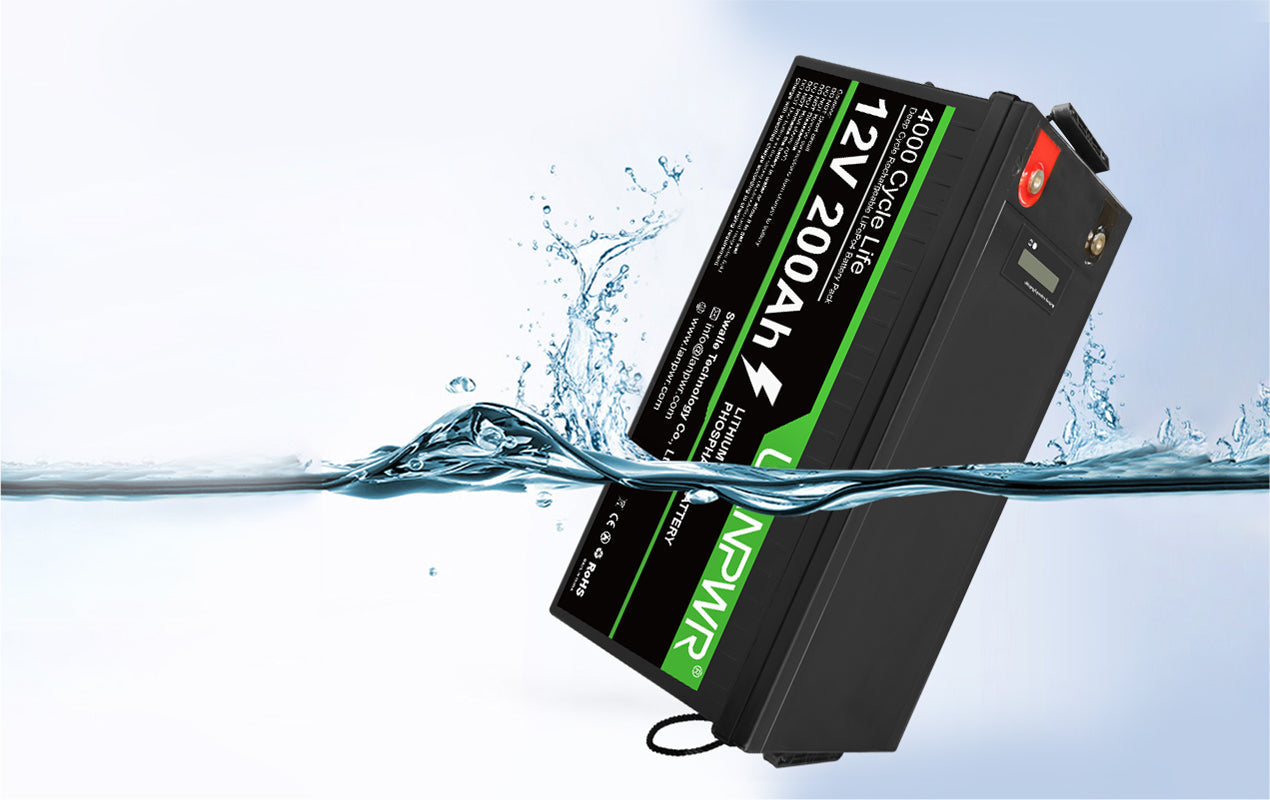
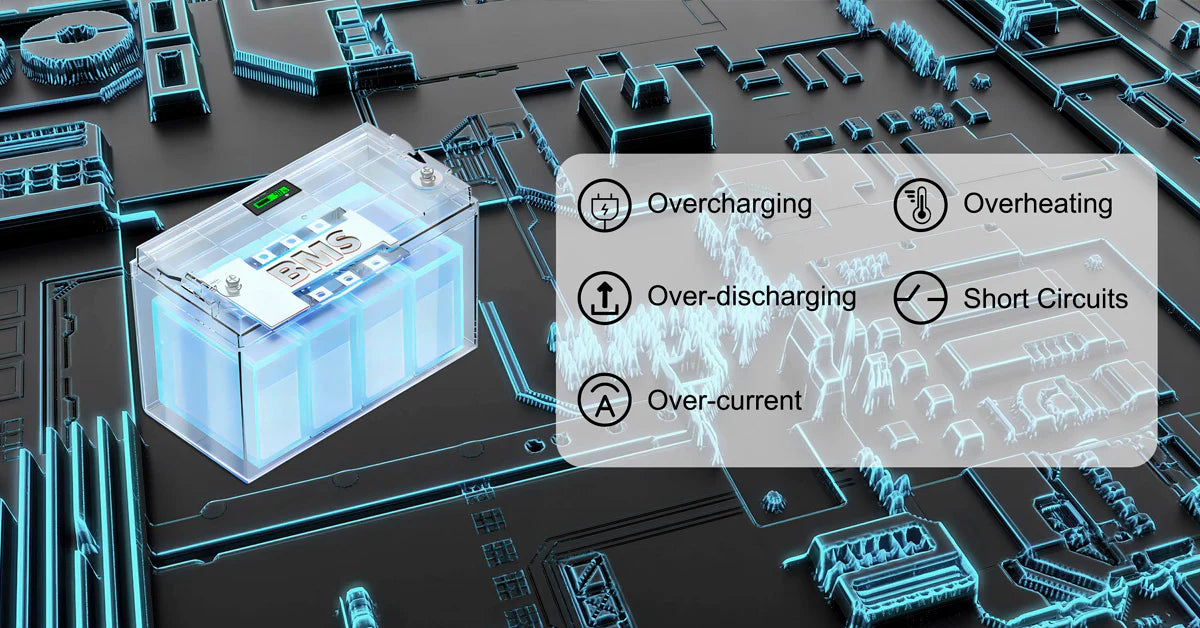


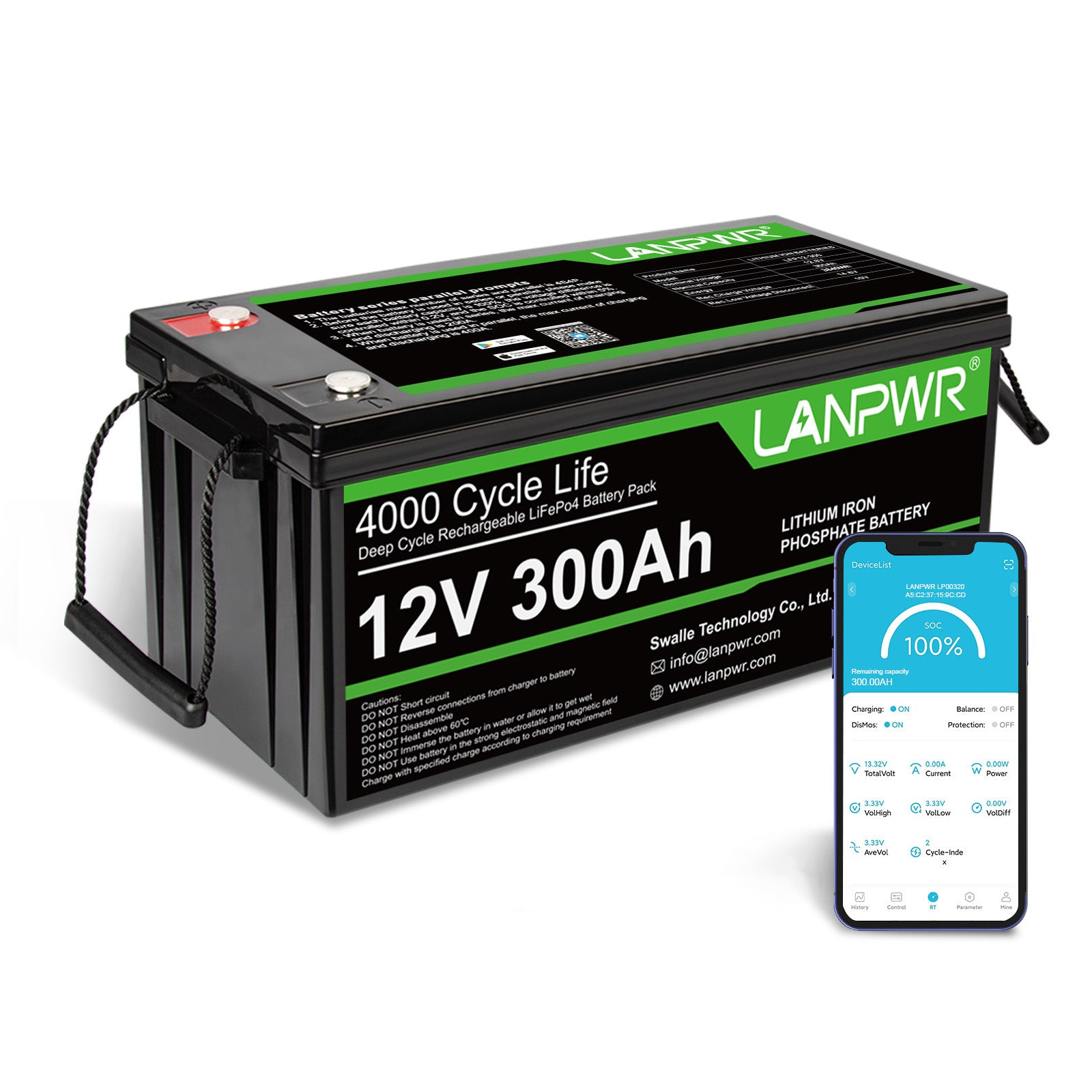
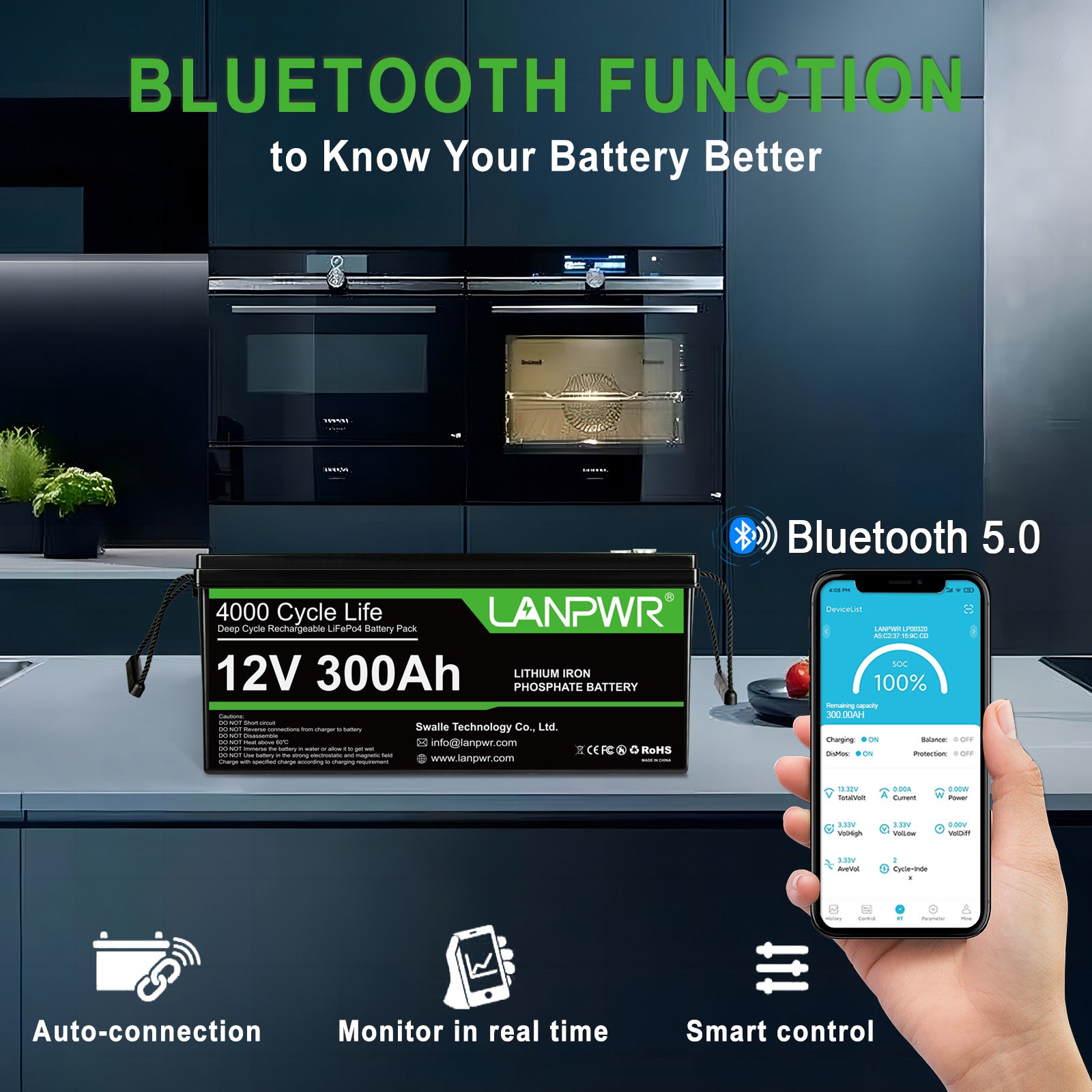
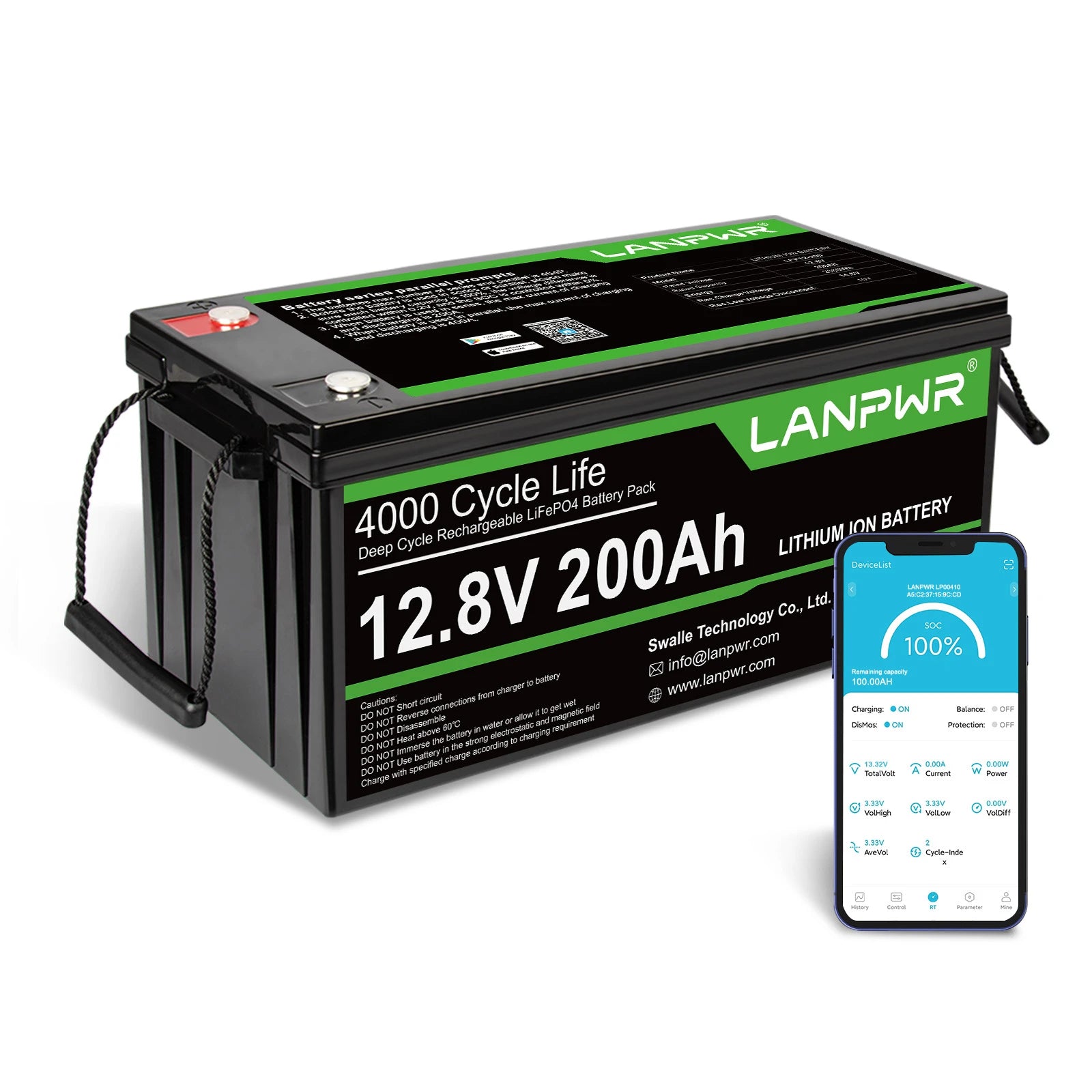
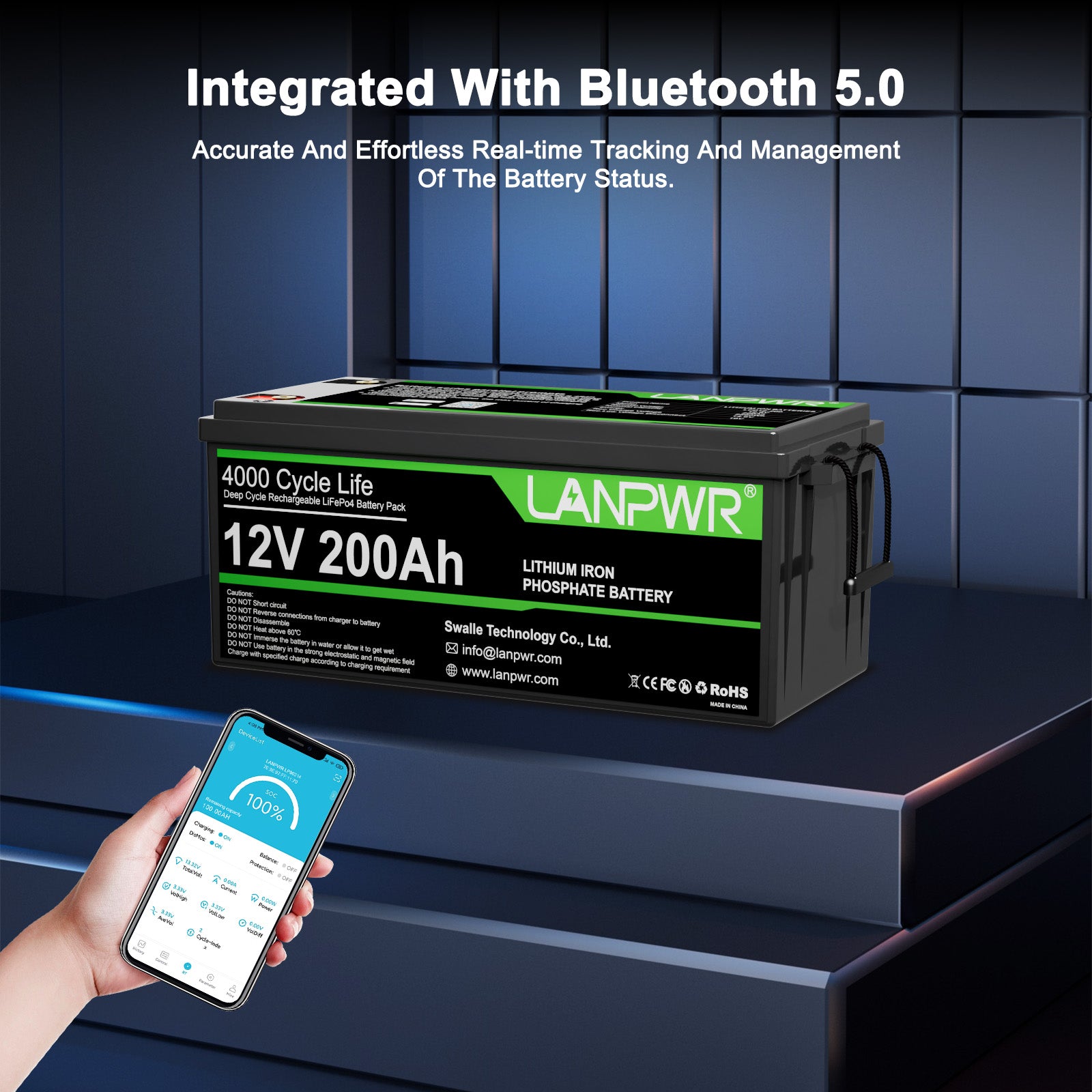
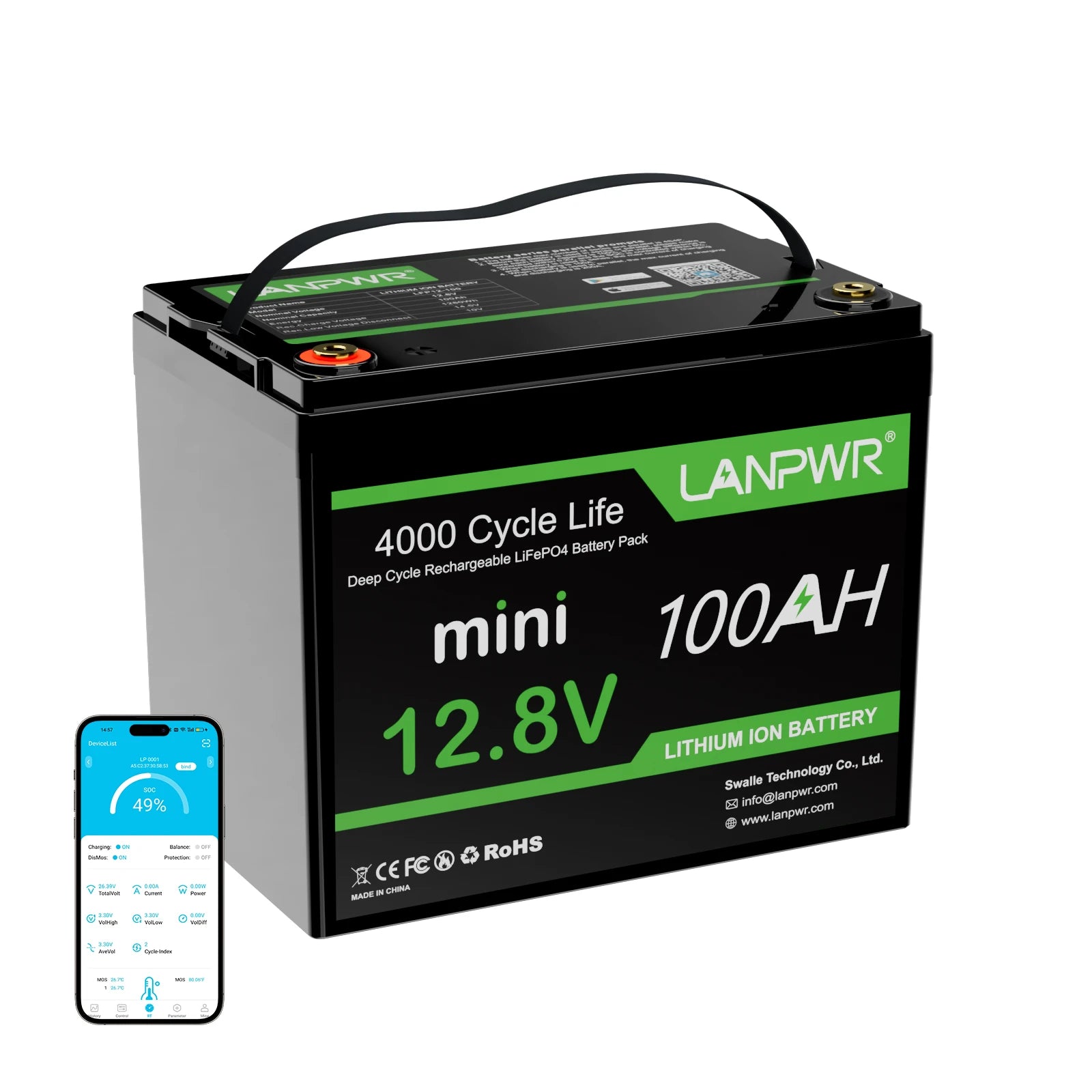

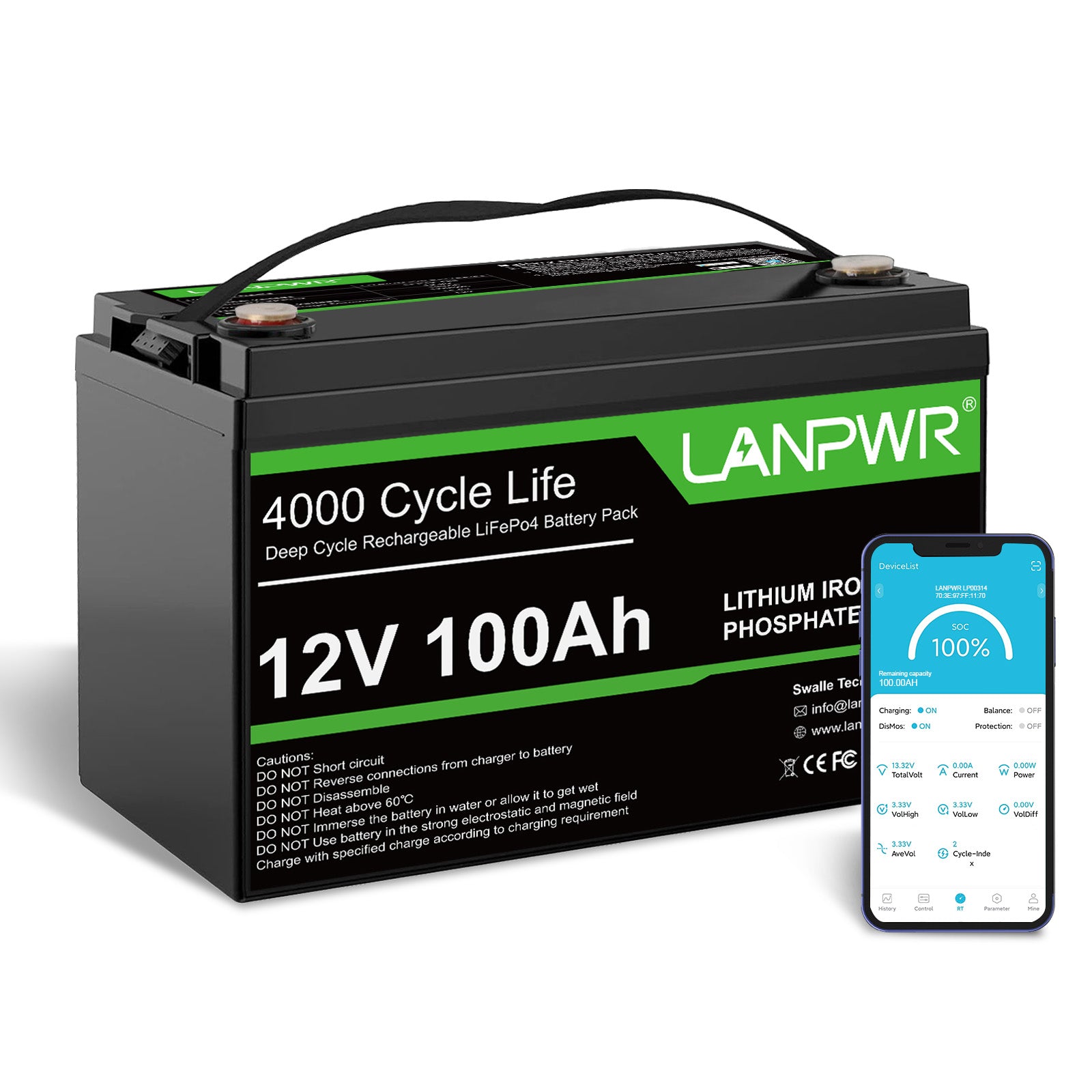

Leave a comment
This site is protected by hCaptcha and the hCaptcha Privacy Policy and Terms of Service apply.